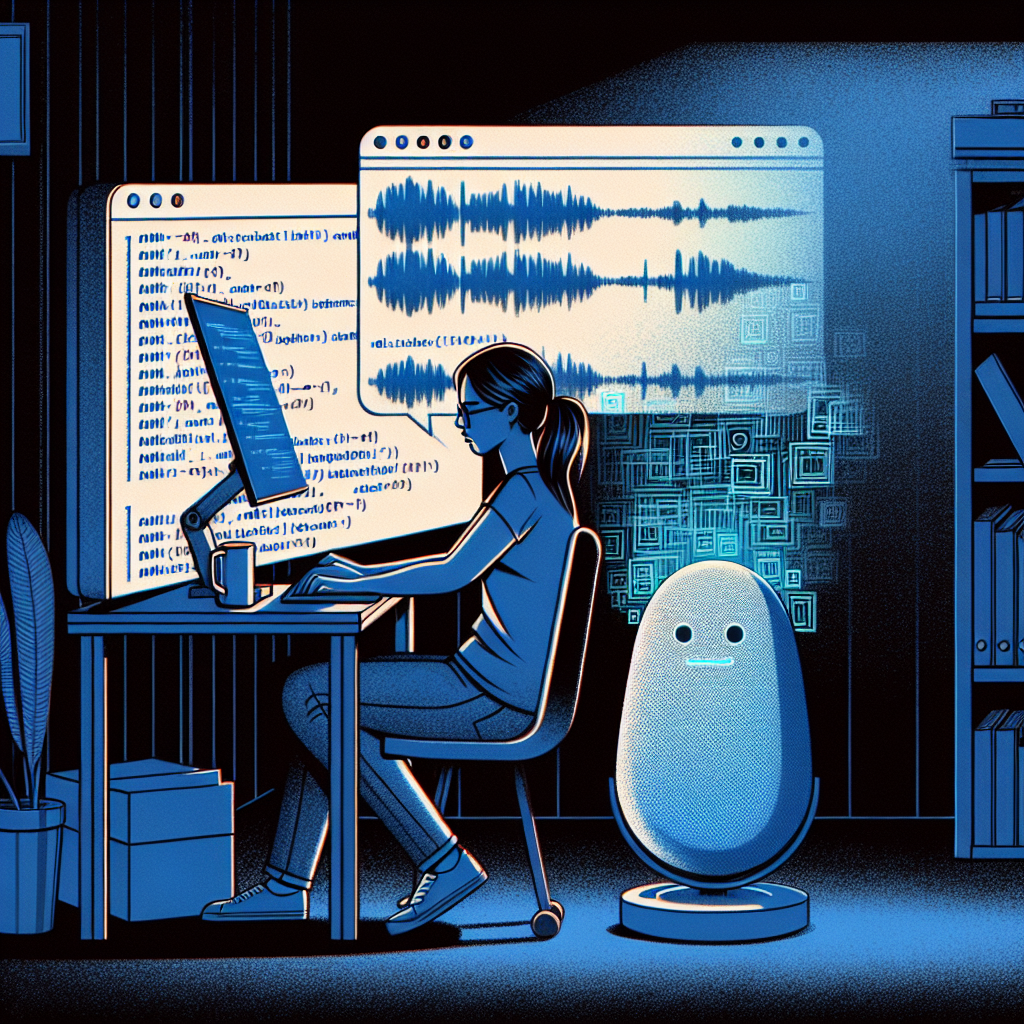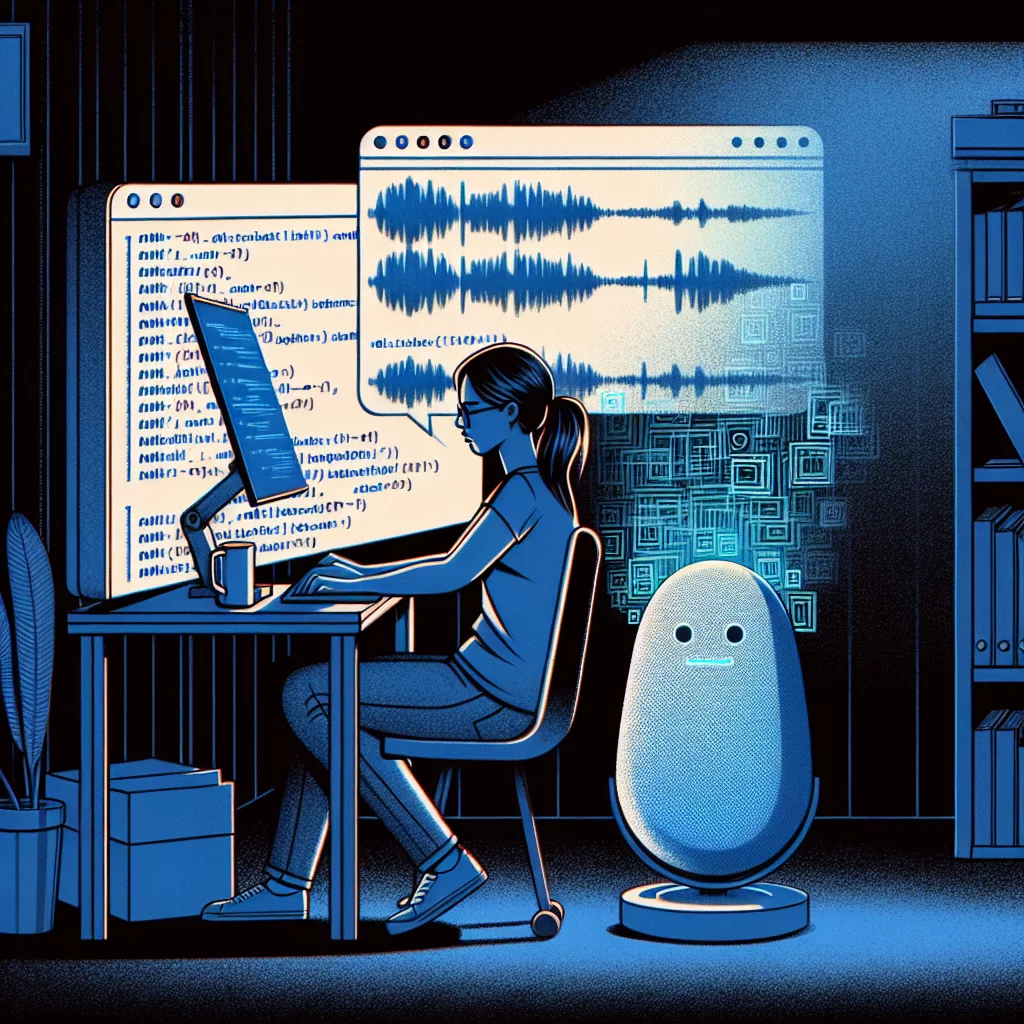Managing workloads and continuous innovation pressures, Voice Assistant Developers face an elevated burnout risk, driven by rapid tech evolution and high user expectations.

- High pressure for rapid innovation and updates.
- Frequent changes in AI and ML algorithms.
- Demanding client expectations on functionality.
- Long hours spent on debugging voice interactions.
- Isolation due to niche expertise requirement.
- Constant learning of new technologies and tools.
- Unpredictable challenges with diverse voice data.
Data on career burnout statistics for Voice Assistant Developers indicate a level of burnout that is moderate.
Reasons Voice Assistant Developers burnout
According to the science to date there are key reasons people burnout at work. Here’s our top reasons why Voice Assistant Developer in the Technology category has a burnout risk of Moderate:
In the field of voice assistant development, you may experience burnout due to several reasons. One key factor is the rapid pace of technological change. Keeping up with the latest advancements in AI and machine learning can be exhausting. When you constantly need to learn new skills, it can lead to feelings of being overwhelmed.
Another contributing factor is the high pressure for innovation. The demand to create intuitive and sophisticated voice assistants is high. This pressure can lead to long working hours and reduced work-life balance, increasing the risk of burnout.
The complexity of user requirements can also be challenging. Users expect precise and immediate responses from voice assistants, pushing developers to enhance accuracy continually. You might find this continual iteration stressful, especially when deadlines are tight.
Moreover, the lack of autonomy in many projects can contribute to burnout. Projects are often highly collaborative, requiring alignment with cross-functional teams. When your creative inputs are stifled by rigid project constraints or bureaucratic decision-making, it can become frustrating.
Finally, the immature regulatory landscape for AI can create uncertainty in job roles. As you navigate evolving privacy laws and ethical considerations, these uncertainties can add another layer of stress.
Burnout rate data for Voice Assistant Developer/Technology
There is not much up-to-date data specifically addressing burnout in the career role of a Voice Assistant Developer. However, burnout in the broader technology industry has been a topic of concern. Many technology professionals face challenges such as long working hours and rapidly changing skill requirements, contributing to stress and burnout.
A study by Gallup indicates that technology workers often experience high burnout rates due to constant connectivity and the pressure to innovate (https://www.gallup.com/workplace/356499/employee-burnout-main-causes.aspx). Another source, a report from Deloitte, provides insights into the mental health landscape in tech, highlighting burnout as an ongoing issue (https://www2.deloitte.com/us/en/pages/about-deloitte/articles/press-releases/deloitte-survey-tech-industry-mental-health.html).
If you are a professional in this field, it is crucial to recognize these stressors and take proactive measures to manage your mental health. Organizations are increasingly acknowledging the importance of mental well-being and implementing strategies to create healthier work environments.
Do you have experience of Burnout as a Voice Assistant Developer or in Technology?
Share your story about Voice Assistant Developer burnout on our share your story page.
Burnout in Technology
Career Burnout Rates > Burnout in Technology > Voice Assistant Developer Burnout


